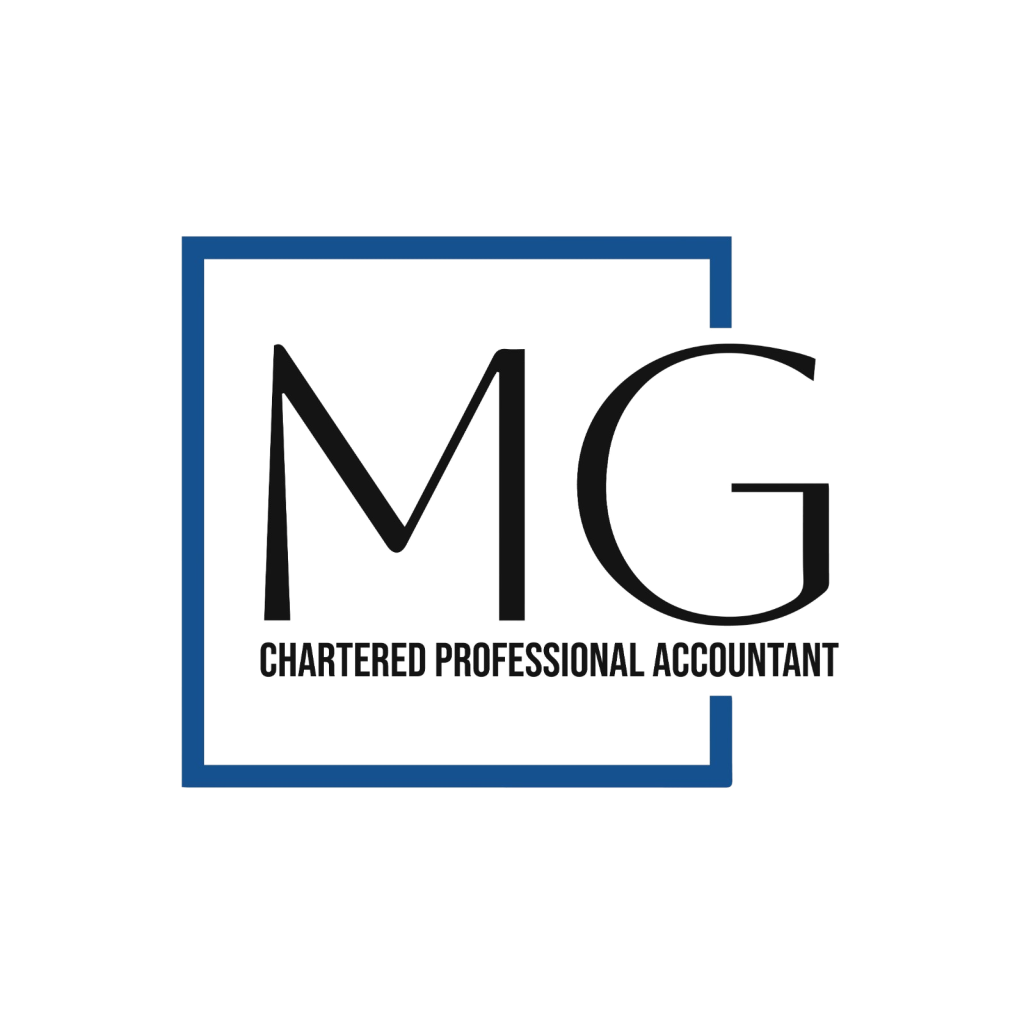
Personal Income vs Incorporating
When deciding between paying personal taxes versus incorporating your business in Canada, it’s important to weigh the tax implications of both options. Incorporating a business can offer several benefits, but it also comes with some complexity. Here’s a breakdown of the personal tax implications versus those of incorporating:
- Personal Tax Implications (As a Sole Proprietor or Individual)
As a sole proprietor or if you’re simply earning income personally (not through a corporation), your income is taxed at your personal tax rate, which is based on your total taxable income. Here’s what that looks like:
- Income Tax: You are taxed progressively, meaning the more you earn, the higher your tax rate. In Canada, this includes both federal and provincial taxes.
- Capital Gains Tax: If you sell personal investments (stocks, real estate, etc.), 50% of the capital gain is taxable at your personal income tax rate.
- Tax on Dividends: If you’re earning dividends from investments or income-producing properties, you’ll pay personal taxes on those at your dividend tax rate.
- Self-Employment Tax: If you operate as a sole proprietor, you’ll also need to pay Canada Pension Plan (CPP) contributions on your income, which is not the case if you’re incorporated.
Pros of Personal Taxation:
- Simplicity: Filing personal taxes is straightforward and doesn’t involve the complexity of setting up and maintaining a corporation.
- Tax Rates: If you have lower personal income, the tax rates can be relatively moderate, especially with access to credits and deductions.
Cons of Personal Taxation:
- Higher Tax Rates: As your income increases, your personal tax rates can become quite high, particularly in higher tax brackets.
- Limited Tax Planning: You have fewer options to manage and defer taxes when you’re not incorporated.
- Limited Liability: If you’re operating as a sole proprietor, there is no legal distinction between you and your business. This means personal assets are at risk in the case of lawsuits or debts.
- Incorporating Your Business
When you incorporate, you create a separate legal entity (a corporation) that is taxed separately from you personally. This brings both advantages and disadvantages from a tax perspective.
Key Tax Implications for Incorporated Businesses:
- Corporate Tax Rates: Corporations benefit from lower corporate tax rates on business income compared to personal income tax rates. For example, the small business tax rate in Canada is significantly lower than the personal income tax rate for high earners. The small business deduction rate for active business income is generally around 9% at the federal level (this varies by province).
- Income Splitting: If you incorporate, you can pay yourself salary or dividends. By paying yourself a salary, you can create a deductible expense for the corporation, lowering its taxable income. Dividends, on the other hand, are subject to different tax rates, with dividend tax credits available to reduce the tax burden.
- Deferring Taxes: As a corporation, you can defer paying personal taxes on income retained within the company. The company can reinvest profits or hold them in reserve, delaying personal taxation until dividends or salaries are paid.
- Capital Gains Tax: When selling shares of your corporation, there may be opportunities to take advantage of the Lifetime Capital Gains Exemption (LCGE), allowing you to exclude up to $913,630 (in 2025) of gains from the sale of qualified small business corporation shares.
- Deductible Expenses: Incorporating allows you to deduct a wider range of business expenses, such as vehicle costs, home office expenses, and certain salaries or consulting fees.
- Limited Liability: Incorporating provides protection for your personal assets. The corporation is a separate legal entity, so your personal assets are generally shielded from business liabilities, unlike a sole proprietorship.
Pros for Incorporating Your Business
- Tax Deferral: Lower corporate tax rates and the ability to defer personal taxes give you more flexibility in managing your income and tax burden.
- Liability Protection: Incorporation shields your personal assets from legal liabilities and debts of the business.
- Access to Tax Planning: Incorporating provides more opportunities for tax planning, such as income splitting, tax deferrals, and the ability to use the LCGE.
- Potential for Lower Taxes: If your business earns significant income, corporate tax rates may be significantly lower than personal tax rates for high-income individuals.
Cons for Incorporating Your Business
- Complexity: Incorporating comes with more administrative and legal requirements, including incorporating your business, filing separate tax returns for both the corporation and you personally, and maintaining corporate records.
- Cost: There are costs to incorporate (government fees, legal fees, accounting services), and ongoing maintenance costs, such as annual filings.
- Dividend Tax: When you take money out of the corporation in the form of dividends, you’re still subject to personal tax on those dividends, though at a different rate than salary.
- Loss of Some Tax Credits: As a corporation, you may lose eligibility for certain personal tax credits, like the basic personal amount (which would not apply to corporate income).
When to Incorporate:
- You earn significant business income and are seeking to take advantage of lower corporate tax rates.
- You want to protect your personal assets from business liabilities.
- You need flexibility for tax deferral and strategic income splitting.
- You plan to grow or sell the business and want to use tax strategies like the LCGE to minimize taxes on the sale.
When not to Incorporate:
- Your business is small and you don’t expect significant income.
- The added complexity and costs of incorporation outweigh the tax savings.
- You don’t need the protection of limited liability.
Contact Us
The team at Monika Gupta CPA Professional Corp is here to provide expert guidance and support on navigating the complexities of Capital Gains Tax for personal and business. Should you require further assistance or information, feel free to reach out to us at info@cpamg.ca or call us at +1 416-748-1329.
